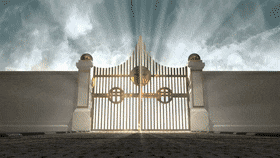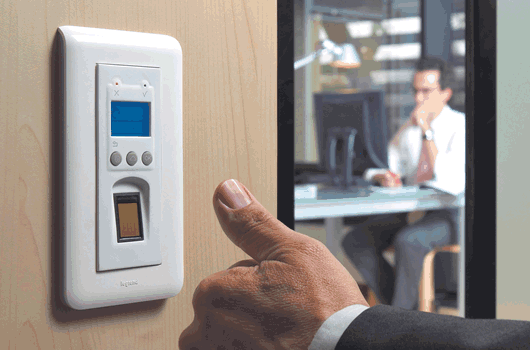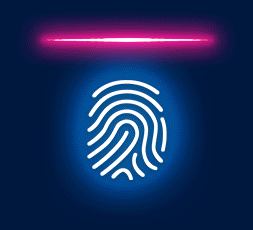

Exclusive Dynamics offers reliable & affordable Access Control for your business. To secure a facility, organizations use electronic access control systems that rely on user credentials, access card readers, biometric readers, auditing and reports to track employee access to restricted business locations and proprietary areas, such as data centers. Some of these systems incorporate access control panels to restrict entry to rooms and buildings as well as alarms and lock-down capabilities to prevent unauthorized access or operations.

1. Gate Automation
2. Garage Automation
3. Turnstiles
4. Boomgates
5. Advanced Access Control systems
6. Lift control
7. Advanced Integration
8. Fixed Bollards
9. Vending machine control

When we talk about a physical access control system, we’re usually referring to an electronic security system. They typically use an identifier such as an access card to authorise people to enter certain areas. And, as they’re capable of logging who accessed where and when, they can provide valuable data to help you track how your buildings and sites are being used.

Mechanical keys are the simplest form of physical access control and the method many smaller organisations use. Even for a small company, however, using mechanical keys has several flaws and limitations – especially as an organisation gets bigger. Below are just some of the problems presented by using keys.

If someone loses a key, you need to replace the lock to make sure the lost key can’t be misused. You then need to distribute new keys to everyone who needs access to that door.
You can’t see if and when someone’s used a key, so you don’t know who’s entered or at what time.
If someone needs to enter many different buildings and rooms, they’ll need a large number of keys, which are inconvenient to carry and use. It can be difficult to remember which key is for which door, but it’s too much of a security risk to label them.
By using an electronic access control system, you can avoid the downsides of using mechanical keys and also gain much more control.
You may, for example, only want to allow automatic access to employees. Whereas you’d like visitors and contractors to report to the reception desk on arrival.
You may want only some people to enter certain areas. For example, you only want technicians to be allowed in your labs.
Contractors and junior staff may only be allowed access during their standard shift pattern, whereas senior staff can enter the building at any time.
For example, you may set your system so contractors are only allowed access if it shows they’ve presented their certification.
What gives you even more control is that a good access control system lets you set
these parameters for each individual. And you can quickly and easily update them whenever you need to.
It will also show you who’s accessed where and when so that, if there’s an incident,
it’s easier to determine who might have been involved.